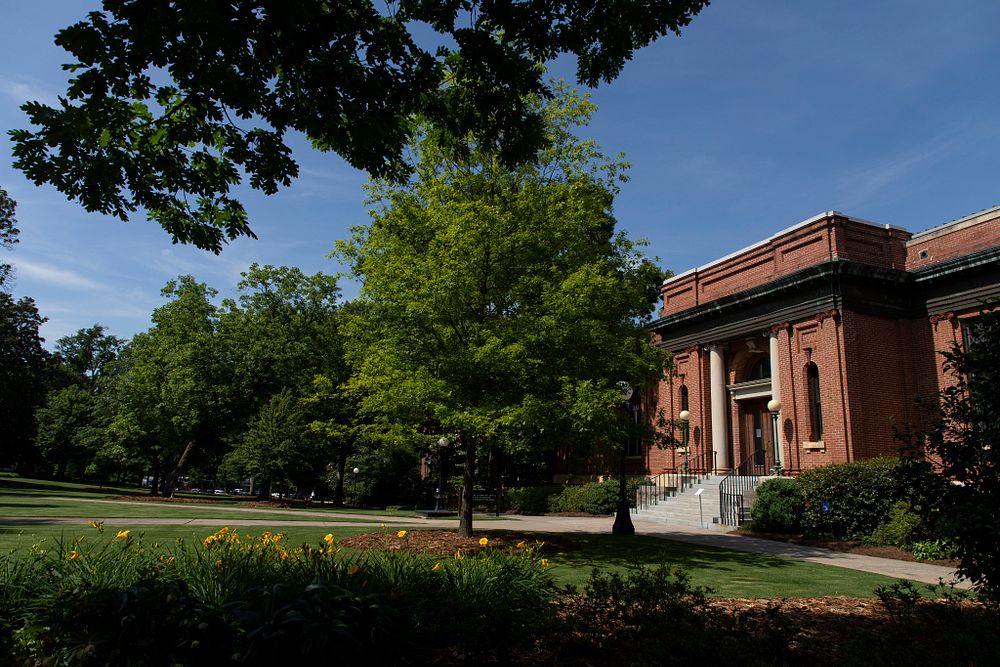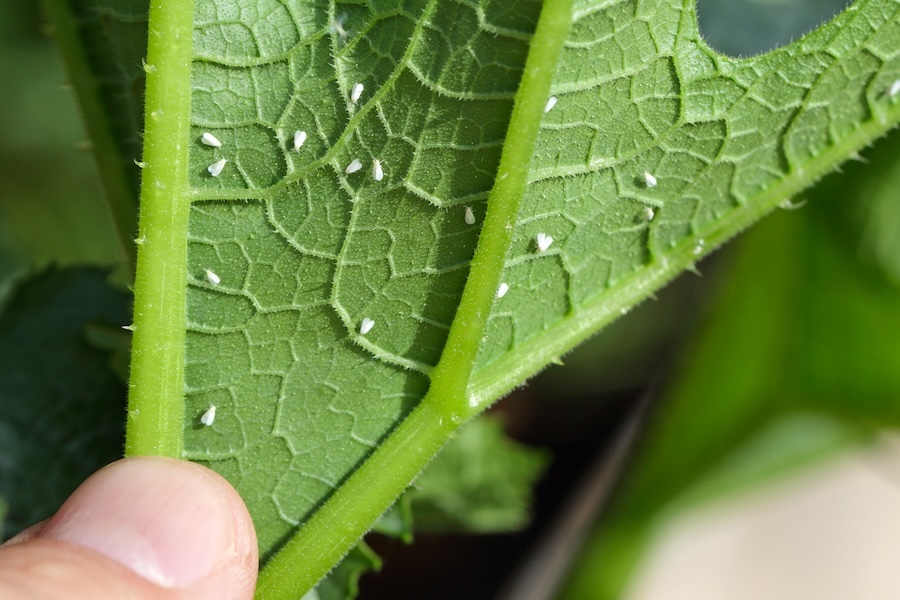Whether you are an arachnophobe, or you just don’t like the creepy feeling of walking face first into a spider web, most people cringe when they see a spider. A University of Georgia expert says most spiders are actually helpful to keep around.
Brown recluse spiders seem to strike the most fear. Nancy Hinkle gets a lot of calls this time of year from people who think they’ve spotted a brown recluse.
Very few brown recluses live in Georgia
“We get calls about 'brown recluse' spiders being in webs outside people's houses,” said Hinkle, an entomologist with the UGA College of Agricultural and Environmental Sciences. “There are two fallacies there: brown recluses are never found in webs, and they're almost never outdoors.”
Hinkle says the spider gets its name for a reason. It’s reclusive and almost never seen. They have been found in less than 20 percent of Georgia counties, mostly in the northwest corner.
“In all of recorded history, fewer than 100 brown recluse spiders have been collected in Georgia, despite hundreds of pest control operators and entomology students avidly looking for them,” she said.
Web-makers and insect-eaters
There are plenty of other spiders in Georgia. Barn spiders are to blame for creating the webs most often walked into by people.
“I would bet that almost every home in Georgia has a barn spider on the porch or somewhere nearby this time of year,” she said.
Hinkle has one on her deck, one at her back door, and one at her front door. They’re handy to keep around, she said. Being nocturnal, they construct new webs every evening, where they wait to trap insects. Rusty brown with legs extending 2 inches, they’re noticeable this time of year.
“Their webs trap all sorts of flying pests,” she said. “People get annoyed when they walk into these webs and get silk covering their faces, but I consider that a people problem, not a spider problem.”
The yellow garden spider is one of the longest spiders in Georgia. Found in gardens and around shrubbery, it constructs large webs. The abdomen has distinctive yellow and black markings while the front part of the body is white.
The female typically remains in one spot throughout her life, repairing or reconstructing her web as it is damaged or ages. Also called the “writing spider,” its web may have a distinctive zigzag of silk through the middle.
Another common Georgia spider is the orb-weaver. It makes large webs, too.
Larger in the fall
Spiders have been living in Georgia landscapes all summer.
They’re now just large enough to be really noticed. The first hard frost will kill most of them, Hinkle said. Until then, they are busy mating and producing egg sacs that will overwinter and re-establish the population next spring.
In addition to relying on the spiders to help with outdoor pest control, Hinkle uses them to avoid doing lawn work.
“A golden garden spider has built her web attached to my lawnmower handle,” she said. “Not wanting to disturb her, I haven't mowed in weeks!”





.png)


